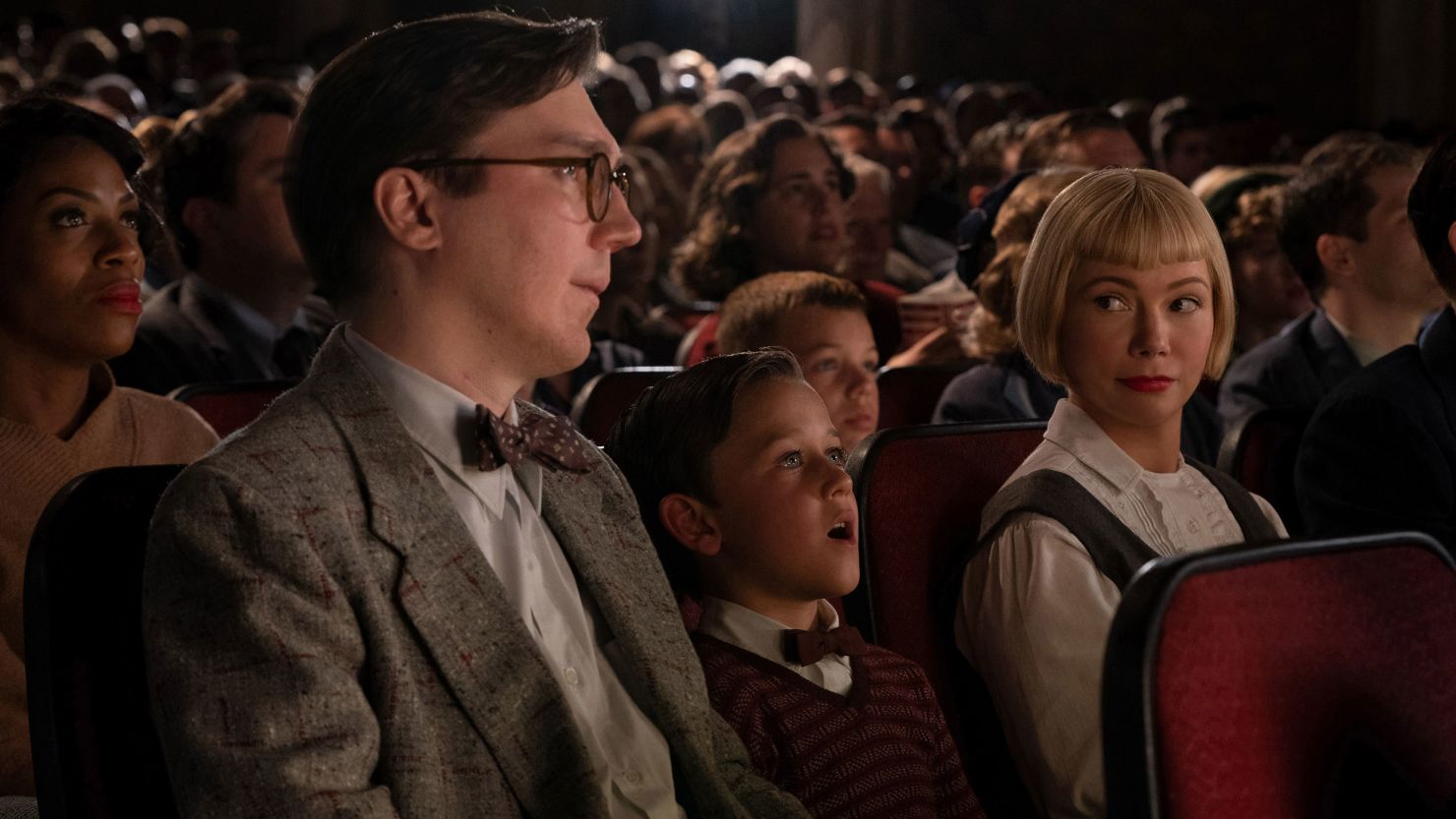Hundreds of films were released last year, on all sorts of platforms. Yet if we tend to look back at Hollywood during any given year in part by what earned Academy Award recognition, then 2022 will likely go down as a relatively mediocre year for movies.
To their credit, the 95th annual Oscar nominations reflect the breadth of the industry, from giant, audience-pleasing blockbusters like “Avatar: The Way of Water” and “Top Gun: Maverick” – which have combined for more than $3.5 billion at the worldwide box office – to key nods for little-seen, small-scale films heralded by critics groups, including the stars of “Aftersun” and “To Leslie.”
Streaming also again made waves, as the resistance to its full acceptance at the awards table has steadily eroded, after claiming the last two best-picture winners with Hulu’s “Nomadland” and Apple TV+’s “CODA.”
Still, a number of the movies that made the best picture cut this year felt conspicuously flawed, with “The Banshees of Inisherin” looking pale next to director Martin McDonagh’s more celebrated work, and the biography “Elvis” having to overcome its over-the-top aspects, including Tom Hanks’ Razzie-recognized supporting role.
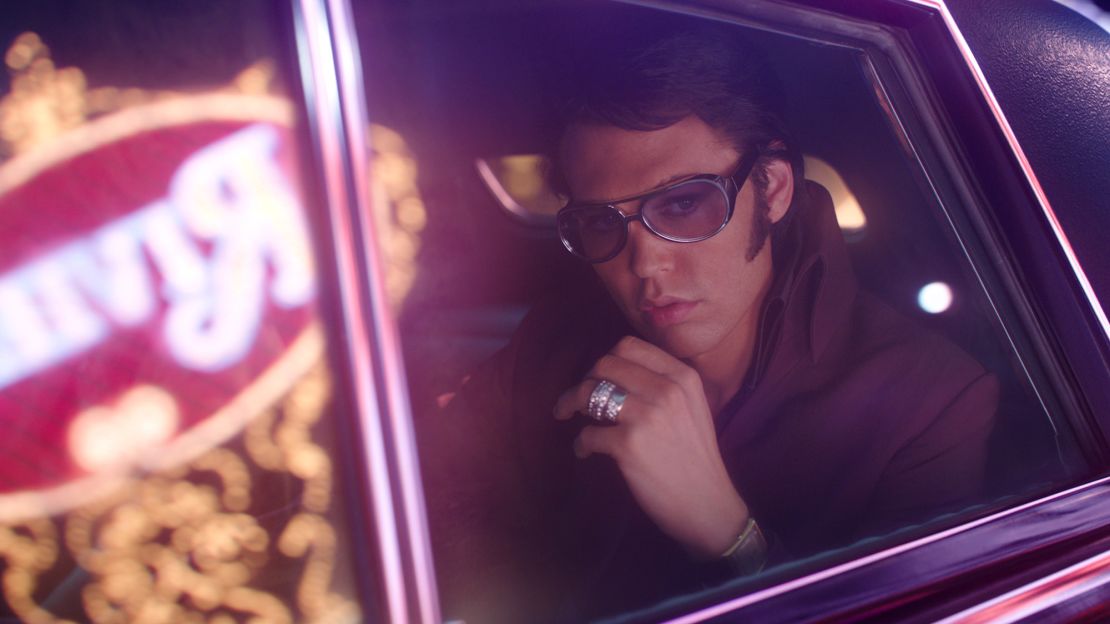
That’s an observation seldom heard from media outlets caught up in the horserace aspects of Oscar fever, and what the crop of nominees says about the state of a movie business that has undergone wrenching changes.
Specifically, this year’s nominations seem to underscore the shift brought about by the advent of streaming and at-home viewing, and the wrenching and lingering effect of the pandemic that temporarily closed theaters and has helped evaporate much of the theatrical audience for the kind of character-driven movies that traditionally dominate the Oscar race.
On the plus side, the nominations – big and small, theatrical and streaming, sequels and decidedly original – feel as if they offer a little something for everybody, which, in the final analysis, might be the best means of heightening interest in the industry’s marquee awards telecast, which has struggled ratings-wise along with its lower-profile brethren.
In that context, one can cynically look at recognition for “Avatar” and “Top Gun” as bait to help lure people into the tent, or a simple thank-you for a job well done and helping to keep the tradition of theatrical moviegoing alive.
Some other key or notable takeaways from this year’s nominations:
Good performances in not-so-great movies
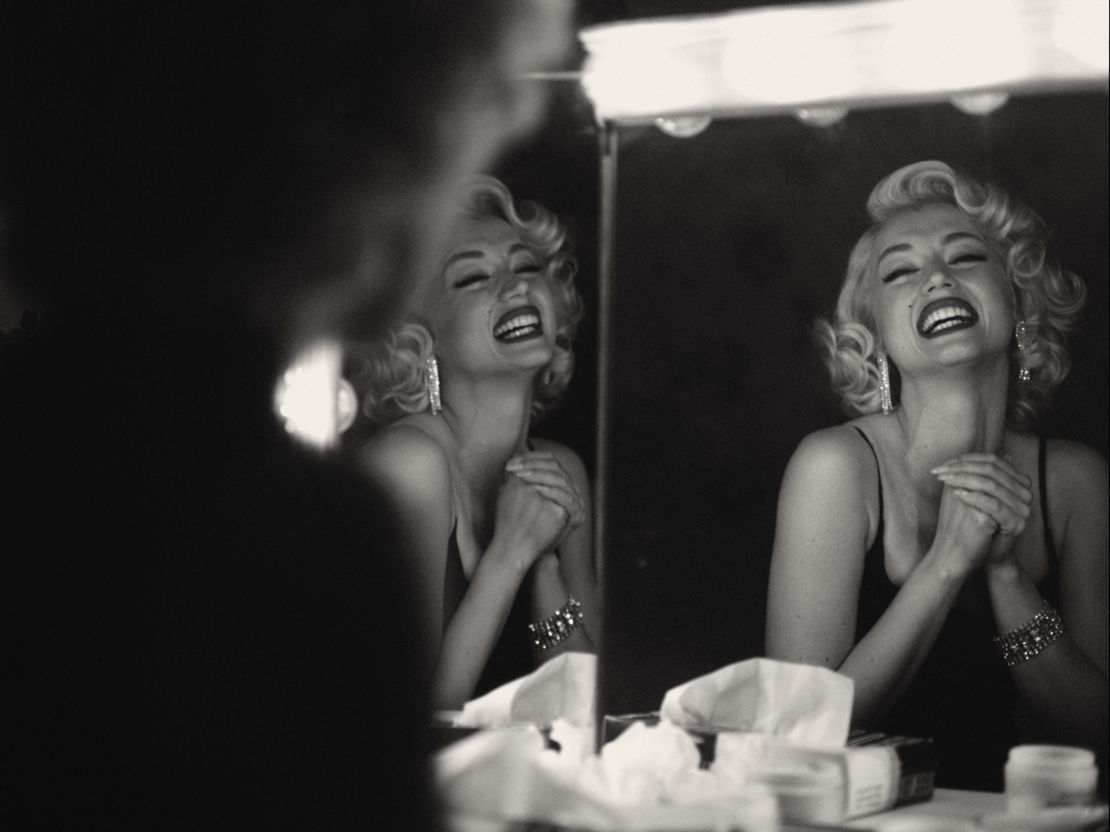
Oscar voters saw through several underwhelming movies to recognize the actors in them, which is sort of like being the MVP player on a losing team.
That included a pair of portrayals of entertainment icons, with Austin Butler’s Elvis Presley and Ana de Armas’ uncanny role as Marilyn Monroe in the otherwise off-putting “Blonde” shining through the layers of excess in those films. Ditto for Brendan Fraser in “The Whale” and arguably Cate Blanchett’s riveting performance as the imperious conductor in “Tár.”
“Everything Everywhere” proves Oscar voters can be (kinda) hip
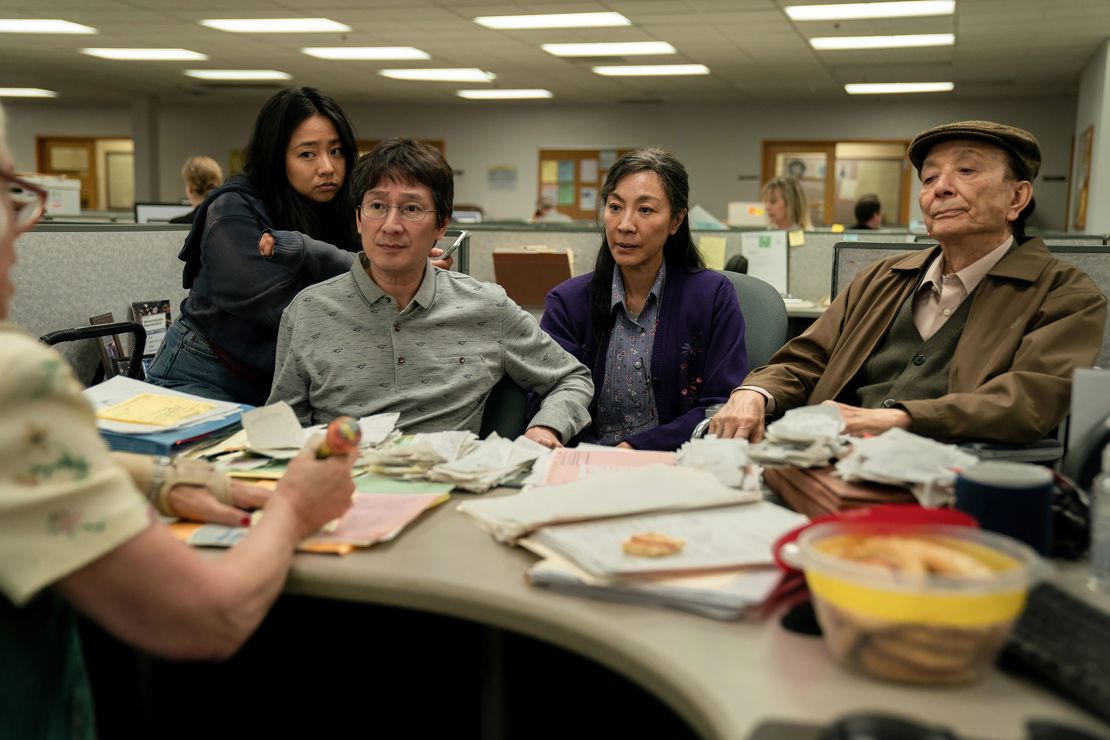
The most-nominated movie of the year turned out to be one of the most ambitious and occasionally strange, which prompted some speculation about whether stodgier quadrants of the Academy would “get” “Everything Everywhere All at Once,” a multiverse saga punctuated with hot-dog fingers and anthropomorphic rocks. Apparently, enough of them did.
In addition, “Everything Everywhere” found a sweet spot between effects-driven extravaganzas and character-driven stories, as well as a solid toehold at the box office that eluded many of this year’s nominees, which will now likely receive a streaming/digital bump.
The Netflix effect
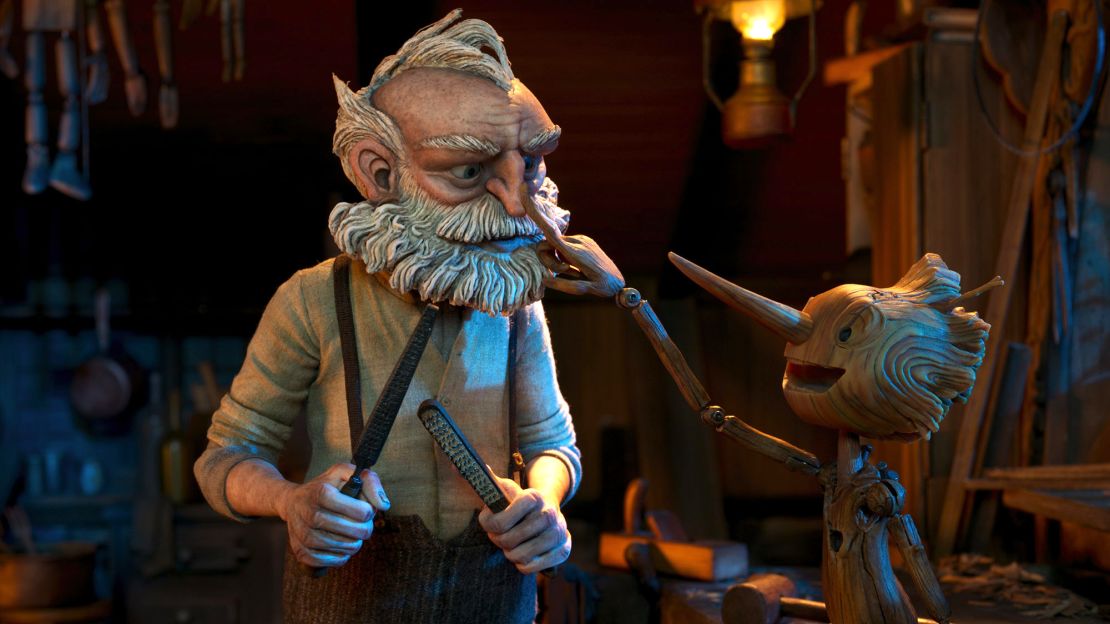
Speaking of streaming, Netflix didn’t quite match the gaudy strides of recent years but still made noise, with consideration recognition for the German movie that it backed, “All Quiet on the Western Front,” and key nominations for films like “Blonde” and “Guillermo del Toro’s Pinocchio” – all titles that were likely seen by more voters because of the platform’s reach.
Steven Spielberg (and John Williams), take (another) bow
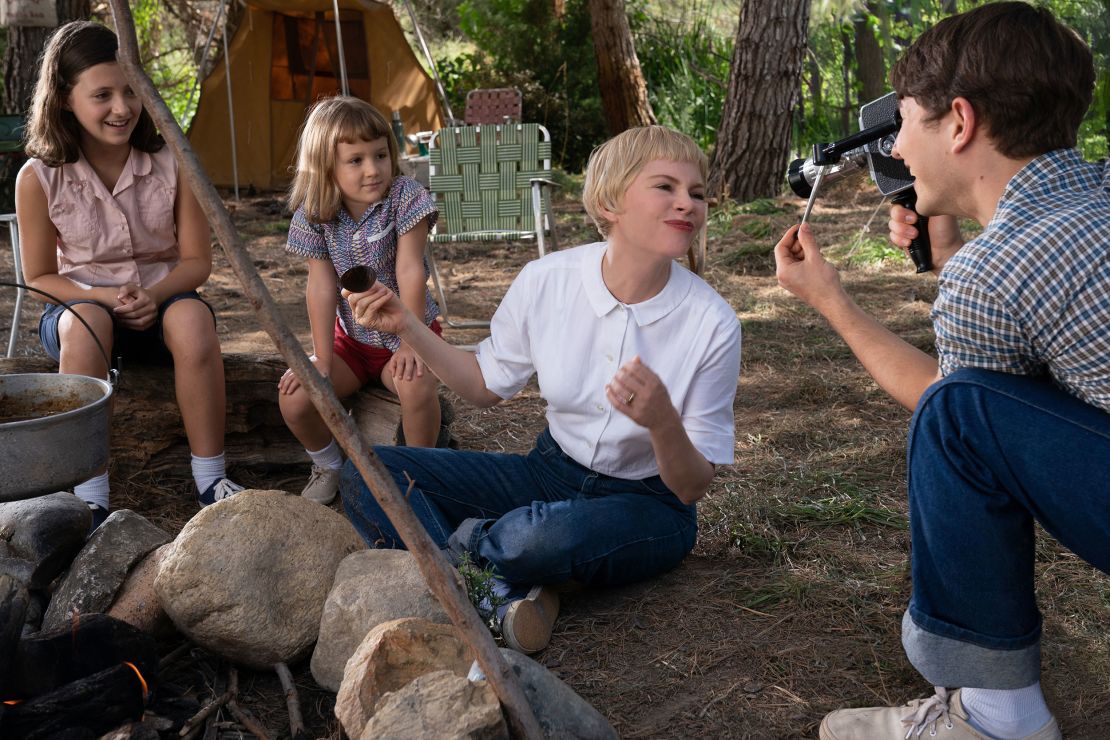
Spielberg’s deeply personal cinematic memoir “The Fabelmans” earned him his ninth nomination as best director, tying Martin Scorsese for that milestone among living directors, behind only the late William Wyler, who received a dozen.
Spielberg’s favorite composer, Williams, at 90, also added to his staggering tally of 53 Oscar nominations, behind only Walt Disney (with 59) on the all-time list.
Spielberg already has a pair of directing Oscars, for “Schindler’s List” and “Saving Private Ryan” (although the latter didn’t win best picture). Another for what amounts to his directing origin story would be a sentimental capper to the 76-year-old director’s illustrious career.
A subtle #MeToo moment
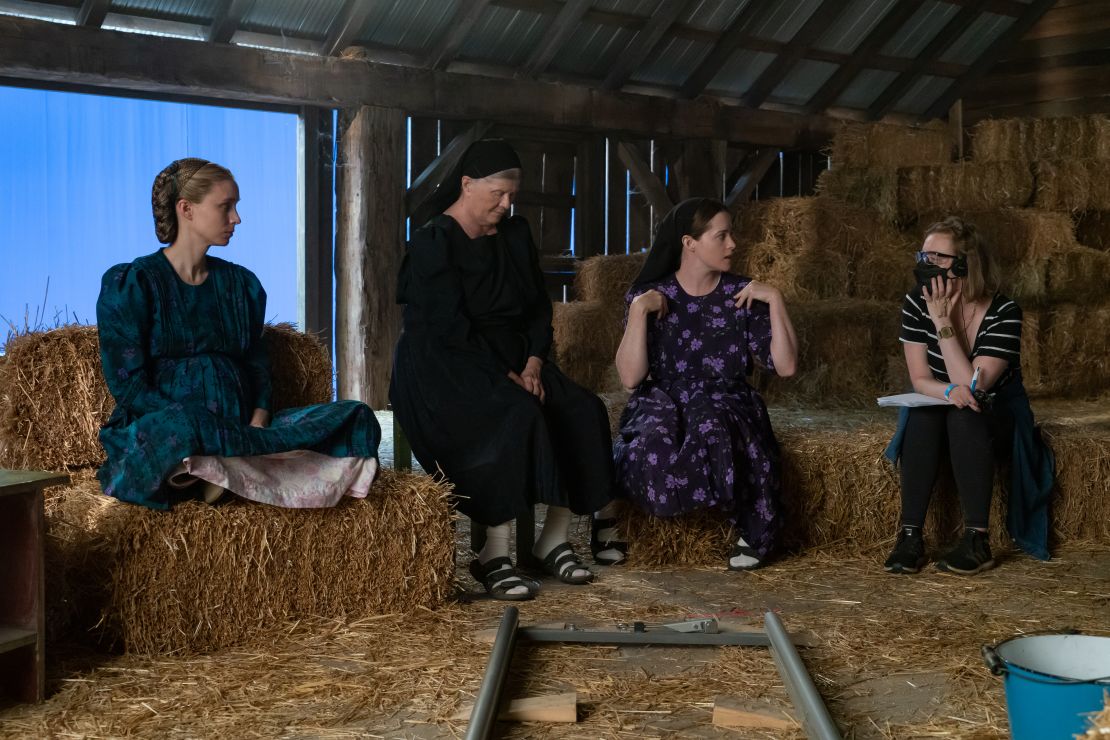
In a year that saw the predatory behavior of producer Harvey Weinstein brought to the screen in “She Said,” it was the low-key film “Women Talking” that broke through in the best-picture field, dealing with abuse of the female inhabitants of a modern-day cult. Yet while there was room for “Women Talking,” there was none for women directing, at least among this year’s nominees in that category, another way the Oscars often seem to take a step back for every two forward.

